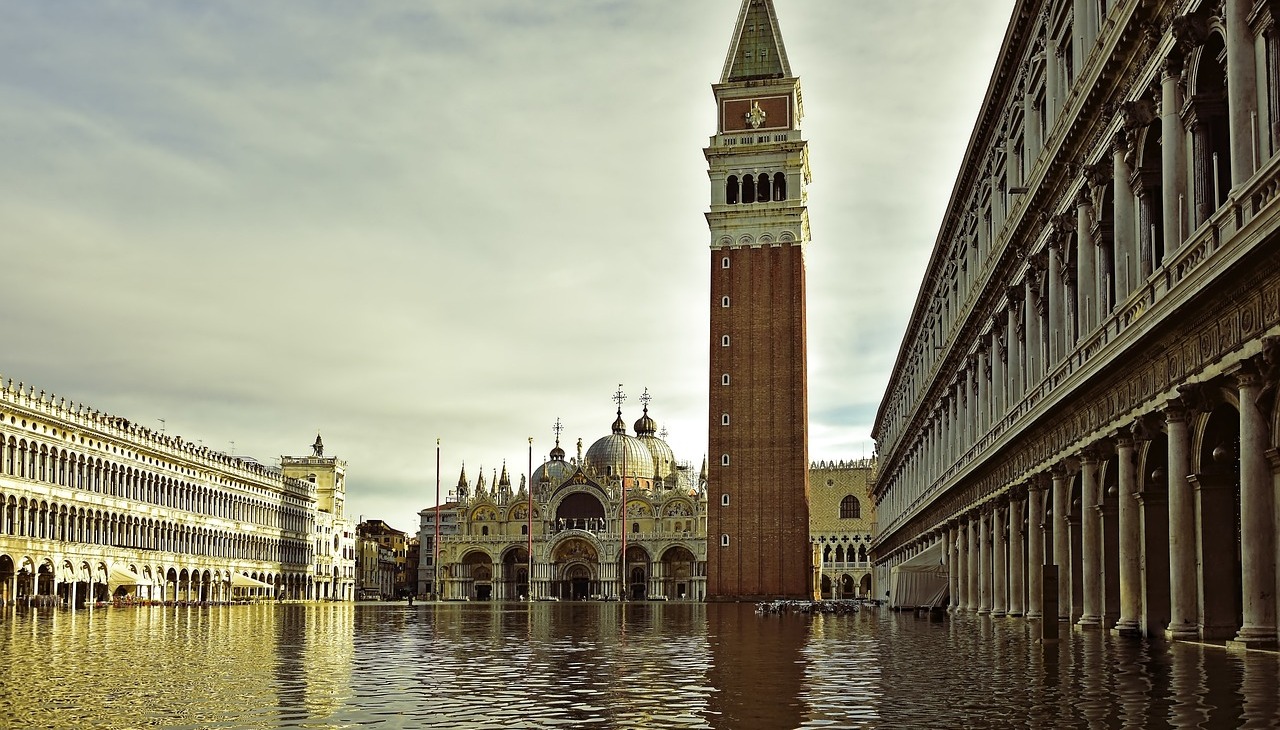
UN issues warning about rising sea levels
The organization noted a possible mass exodus from certain parts of the world in the coming years.
Speaking before the UN Security Council, UN Secretary General António Guterres issued a dire warning about the consequences of rising sea levels and their effect on the world's peace and security.
“Rising seas pose 'unthinkable' risks to billions around the world, with profound implications for security, international law, human rights and the very fabric of societies,” senior officials told the Security Council.
Highlighting how the coastlines of some countries have already tripled the average rate of sea level rise, Guterres warned that low-lying communities, and entire countries, could disappear forever in the coming decades.
“We would witness a mass exodus of entire populations on a biblical scale, and we would see ever-fiercer competition for fresh water, land and other resources,” he said.
La ciencia es clara: la crisis climática está destruyendo los océanos.
— Naciones Unidas (@ONU_es) February 15, 2023
Lo bueno es que todos podemos hacer algo para que #SalvemosLosOcéanos y nuestro futuro cambiando nuestros hábitos, escogiendo productos respetuosos con los océanos y evitando los plásticos de un solo uso. pic.twitter.com/EXWlbR0imf
Amplifying other problems
Highlighting data recently published by the World Meteorological Organization (WMO), which showed that the global average sea level has risen faster since 1900 than in any previous century in the last 3,000 years, the Secretary-General warned that the process is an amplifier of other threats because it seriously limits access to water and food sources, and health services.
RELATED CONTENT
Guterres highlighted:
Under any temperature rise scenario, countries from Bangladesh to China, India and the Netherlands will all be at risk. Mega-cities on every continent will face serious impacts, including Lagos, Bangkok, Mumbai, Shanghai, London, Buenos Aires and New York.
Studies indicate that the risk is greatest for about 900 million people who live in low-lying coastal areas, which represents one in 10 people on the planet. They also indicate that rising sea levels have decimated livelihoods in tourism and agriculture throughout the Caribbean.
Csaba Kőrösi, the current president of the UN General Assembly, cited projections that “between 250 and 400 million people will likely need new homes in new locations in fewer than 80 years,” warning of devastating impacts to the world's "breadbaskets," especially the fertile deltas along the Nile, Mekong and other rivers.
The official also urged the Council to recognize the importance of climate action as a key peace building tool, stressing that the data and frameworks already exist to defend against the threat of sea level.
“What is needed now — as ever — is the political will to act,” said Kőrösi.










LEAVE A COMMENT: